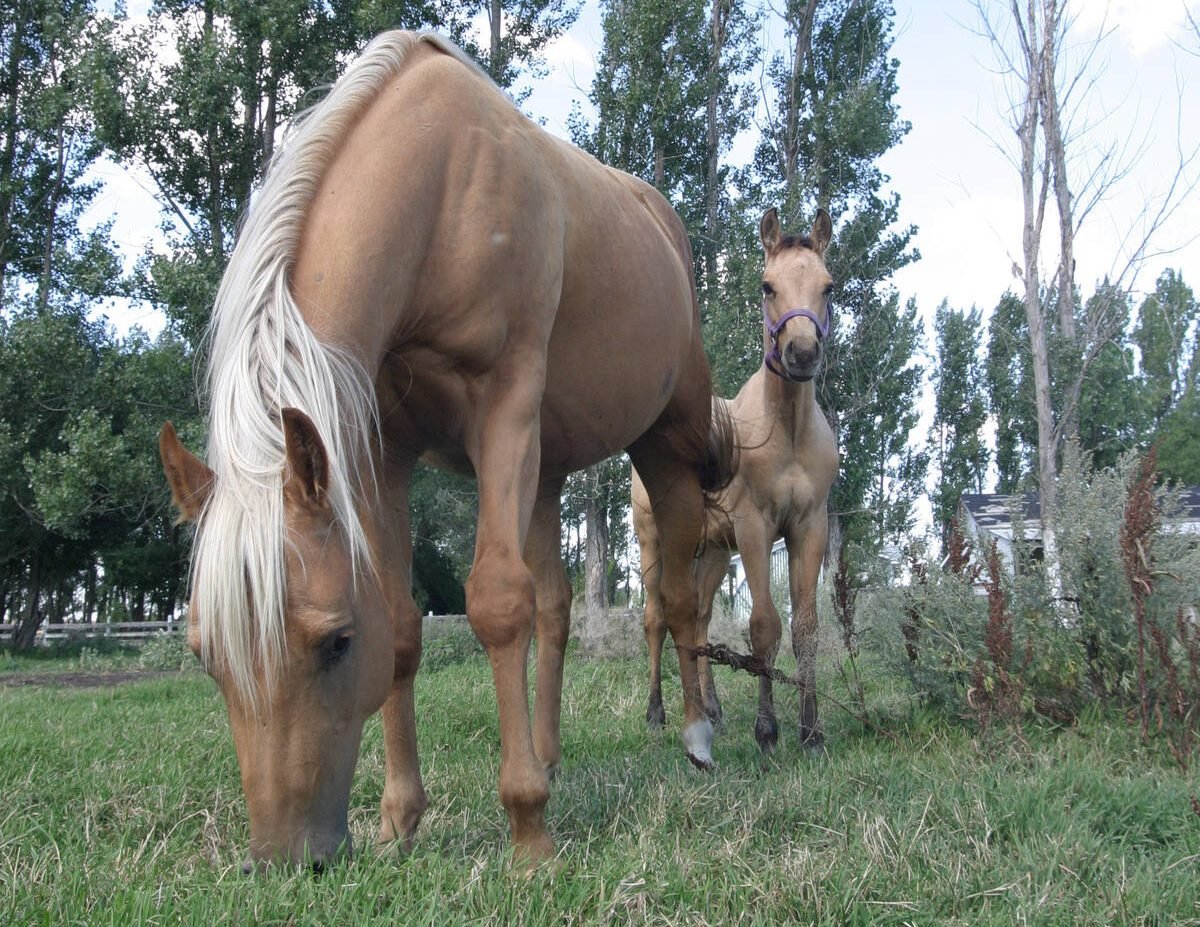In about 12 weeks, for the first time in Canadian history, farmers will elect directors of the Canadian Wheat Board. Regulations for the vote are not final, but the plan is for every farmer with a CWB permit book to get one vote.
That democratic approach, however, is not universally accepted.
Some groups argue that farmers with high volumes of production should have more votes because they have a greater financial stake in CWB operations.
Other critics say the vote should not be restricted to only those who have permit books. Producers who sell their grain to nearby feedlots, for example, might not deliver any to the CWB for export, but the prices they receive could be affected by how successful the CWB marketing strategy is.
Read Also

Growth plates are instrumental in shaping a horse’s life
Young horse training plans and workloads must match their skeletal development. Failing to plan around growth plates can create lifelong physical problems.
But if voting rights are to be granted according to the extent of someone’s financial interest in CWB operations, why stop there?
What about entrepreneurs who might be able to make profits as middlemen if the CWB lost its monopoly on export sales? They too have a stake in the future of the CWB.
Many producers, rural residents and small-town businesses are affected by how well the grain marketing system works. To give votes to all of them would undermine the principle of having farmers control the board.
Basing voting rights on permit books is the right approach to take, since it ensures that the CWB will be controlled by those farmers who use it to market their grain.
And basic democratic principles as applied in other cases suggest they should control it equally. A member of a grocery co-op who has $200 a week to spend on food gets no more votes than one who has $75. The biggest taxpayer has the same vote as a welfare recipient. A union member paying $15 a month in dues has the same vote as one paying $1.
One specific reason for giving equal votes to permit book holders is that the CWB is more than just an organization that sells grain.
With the support of farmers, federal legislation has given the board monopoly powers over grain exports.
It also pools prices and equalizes delivery opportunities so all farmers are treated fairly.
The maintenance of such powers, which necessarily involve imposing rules on how farmers can market grain, depends on their being democratically endorsed by the majority of those farmers who deliver to the board.
It would not be fair for the largest 20 percent of farmland owners to determine whether the CWB marketing system lives or dies.














